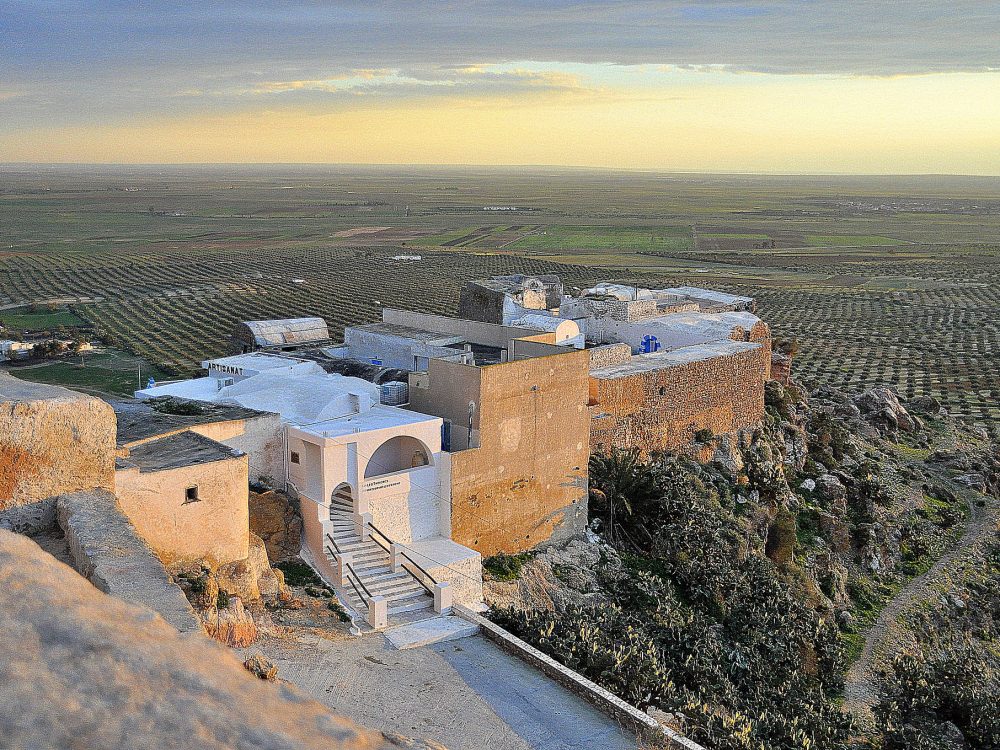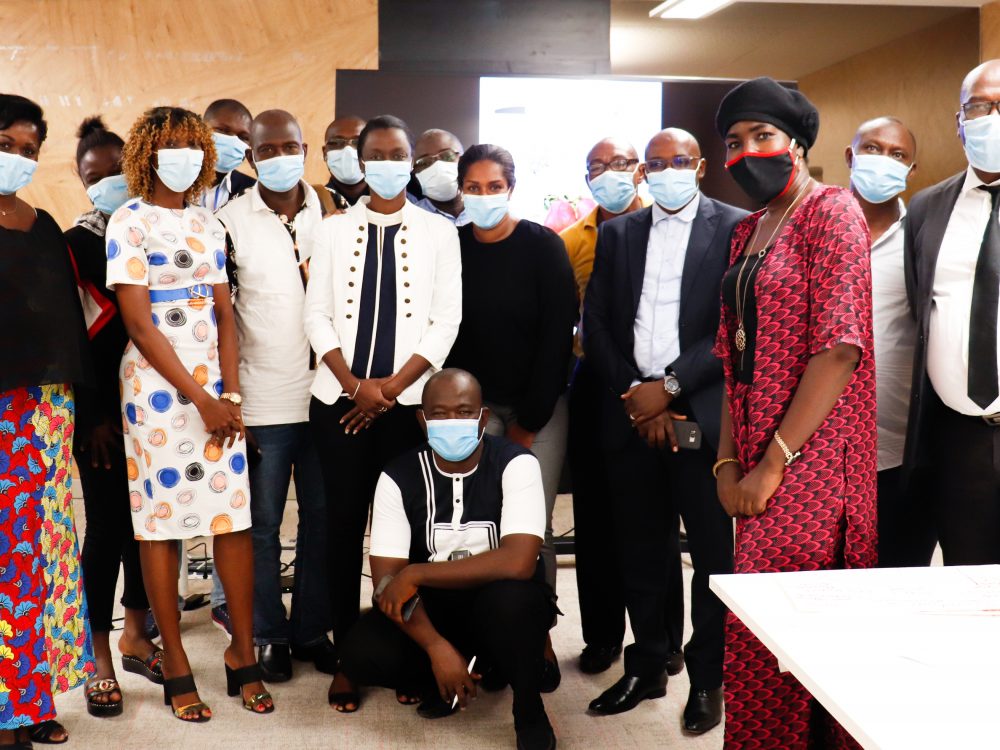AMP Direct Impact: 2012 Laos Foreign Aid Implementation Report
The Ministry of Planning and Investment of the Lao PDR released last week its annual Foreign Aid Implementation Report (FAIR) for the fiscal year 2011-2012. This year’s FAIR is unique because it is the first FAIR report published by the Ministry to be comprised of Official Development Assistance (ODA) data entirely from the Aid Management Platform (AMP).
The AMP was fully implemented in 2012 by the Government of the Lao PDR, in partnership with Development Gateway and the United Nations Development Programme (UNDP). At the close of the Fiscal Year in September 2012, the AMP in Laos accounted for 33 development partners, 454 projects and approximately $2.5 Billion dollars in financial commitments to the Lao PDR. These figures have risen in the current fiscal year as five more development partners have been added to the AMP and project level disbursement figures have been updated by existing development partners.
The analysis component of the Foreign Aid Implementation Report concentrates on the disbursement of development finance over the fiscal year. The report analyzes ODA disbursement by donor, ODA received across government line ministries, by Millennium Development Goal (MDG), by Lao Sector Working Group, and includes a comprehensive annex of development aid by geographic region.
The results indicate that Japan, the Asian Development Bank, and Australia ranked as the top three providers of ODA by total disbursement over the last fiscal year. Infrastructure and education were the top two recipient sectors of ODA respectively, together comprising approximately 45% of total ODA. Eradicating extreme poverty and hunger (MDG Goal 1) and developing global partnerships for development (MDG Goal 8) received the largest portion of annual development finance. Notably, according to the FAIR, 17% of ODA was not aligned with any development MDG’s. This suggests that almost 20% of aid projects in the Lao PDR are not correlated with the Government’s development strategies.
The Fiscal Year 2011-12 represents the first ODA series published using the AMP. Continued publication of the annual Foreign Aid Report with AMP information will elicit a better data series with which to analyze annual trends in ODA flow to the government of the Lao PDR in future years. The task remains in the current fiscal year for the Government to continue bringing new Development Partners (particularly China and Vietnam) on board the AMP to increase both the scope and the effectiveness of the AMP system; thereby enabling better nationally led development planning.
Share This Post
Related from our library

How Useful Is AI for Development? Three Key Lessons
The development world is buzzing with excitement over the idea that new and emerging applications of AI can supercharge economic growth, accelerate climate change mitigation, reduce inequalities, and more. But what does this look like in real life?

At a Glance | Tracking Climate Finance in Africa: Political and Technical Insights on Building Sustainable Digital Public Goods
In order to combat the effects of climate change, financing is needed to fund effective climate fighting strategies. Our white paper, “Tracking Climate Finance in Africa: Political and Technical Insights on Building Sustainable Digital Public Goods,” explores the importance of climate finance tracking, common barriers to establishing climate finance tracking systems, and five insights on developing climate finance tracking systems.

Du côté de l’Afrique Francophone et des Caraïbes
Development Gateway travaille aussi dans les pays francophones d'Afrique et des Caraïbes depuis 2007. Nous mettons à profit notre expertise technique et développons des outils, des processus et des analyses multilingues personnalisés pour soutenir les efforts de nos partenaires à obtenir de meilleurs résultats dans plusieurs secteurs, notamment l'assistance au développement, l'agriculture, les industries extractives et la santé. Ce bulletin d'information revient sur la présence de DG dans les pays francophones.